Rachel Reeves has delivered one of the most sweeping Budgets in years — a package she says is designed to “stabilise the economy, rebuild public services and make the tax system fairer.”
But it also comes with tax rises, frozen thresholds, higher costs for some services, and major changes to savings rules.
Here’s a clear, human rundown of every single policy announced — and how each one will actually affect people.
1. Income Tax Threshold Freeze (Until 2029–2030)
What’s changing?
The thresholds at which you start paying higher tax are frozen for several more years.
Impact:
This is a “stealth tax.”
As wages rise, more people are dragged into higher tax bands.
Middle-income earners feel this the most — even without becoming “richer.”
2. High-Value Property Surcharge (Mansion-Style Council Tax)
What’s changing?
From April 2028, homes valued at over £2 million will pay an extra annual surcharge.
There are four bands, starting at £2,500 and rising to £7,500 for homes valued at £5 million+.
Charges rise every year with inflation.
Impact:
Wealthier homeowners pay more, and the Treasury generates around £400m by 2029–30.
Does not affect the average household.
3. 20% VAT on Private-Hire Rides (Uber, Bolt, etc.)
What’s changing?
From 2 January 2026, all ride-hailing trips will carry 20% VAT — the same rate as standard services.
Previously, Uber and others used a special tax arrangement that reduced their VAT liability.
Impact:
-
Fares will go up across all ride-hailing apps.
-
Regular users (young workers, shift staff, those in poor transport areas) will feel the pinch.
-
Drivers may lose demand if fewer people can afford rides.
-
Taxi groups say this “levels the playing field.”
This is one of the biggest cost-of-living hits in the whole Budget.
4. Duty & Tax Changes on Gambling and Online Betting
What’s changing?
-
Remote Gaming Duty jumps from 21% → 40%.
-
Online betting duty rises from 15% → 25%.
-
Bingo duty is scrapped.
-
In-person betting and horse racing betting are not affected.
Impact:
Online casinos and betting apps become more expensive to operate — likely pushing up the cost for gamblers.
The government expects major new revenue from the gambling industry.
5. End of the Two-Child Benefits Cap
What’s changing?
Families will once again receive benefits for all children, not just the first two.
Impact:
This is the biggest anti-poverty measure in the Budget.
Hundreds of thousands of children could be lifted out of poverty.
Families with 3+ kids see significantly more support.
6. ISA Reforms — Cash ISAs Capped at £12,000
What’s changing?
From April 2027, only £12,000 of the £20,000 annual ISA limit can go into cash ISAs.
The rest must go into Stocks & Shares ISAs or other investment-type ISAs.
People aged 65+ are exempt — they keep the full £20,000 cash limit.
Impact:
-
Savers who prefer low-risk cash ISAs lose tax-free space.
-
People are nudged towards investing in the stock market (more risk, but potentially higher return).
-
Older savers retain flexibility.
-
Seen as a move to revive the London Stock Exchange by shifting more British savings into shares.
7. EV Mileage Tax (From 2028)
What’s changing?
A new pay-per-mile charge:
-
3p per mile for fully electric cars.
-
1.5p per mile for plug-in hybrids.
Impact:
Electric cars lose some of their cost advantage.
Environmental groups unhappy; the Treasury says it’s needed to replace lost fuel-duty revenue.
8. Freeze on Fuel Duty
What’s changing?
Petrol and diesel duty remain frozen.
Impact:
Drivers avoid a rise at the pump — but the freeze offsets the new EV mileage tax, giving traditional drivers a short-term boost.
9. Rail Fare Freeze
What’s changing?
Regulated rail fares are frozen until March 2027.
Impact:
Season ticket holders and regular commuters avoid major inflation-linked price hikes.
Big win for rail users.
10. Freeze on Prescription Costs
What’s changing?
Prescription charges stay at their current rate.
Impact:
Saves money for people on regular medication — especially those with long-term health conditions.
11. Higher Taxes on Saving, Dividends & Investment Income
What’s changing?
Tax rates on:
-
dividends
-
savings income
-
property income
…are all rising.
Impact:
High earners and investors pay more.
People relying on savings interest or dividend income may see noticeably bigger tax bills.
12. Pension Salary-Sacrifice Cap
What’s changing?
From 2029, there will be a cap on how much income you can channel into a pension via “salary sacrifice” to reduce tax.
Impact:
This primarily affects higher earners who used pensions to minimise tax.
Most everyday savers unaffected.
13. Sugar Tax Extended to Milkshakes & Coffees
What’s changing?
Milk-based drinks like frappes, sweet lattes, packaged milkshakes and iced coffees will now fall under the sugar tax.
Impact:
More expensive sugary drinks.
Govt says it’s a public health measure; critics call it another “stealth tax.”
14. Tourism / Visitor Levy (Optional for Local Councils)
What’s changing?
Local authorities — starting with London — will be able to charge a small nightly tourist tax (around £2) on hotel and Airbnb stays.
Impact:
City breaks become slightly more expensive.
Councils get a new income stream for local services.
15. Stronger Public Investment Package
What’s changing?
Billions promised for:
-
transport networks
-
NHS capacity
-
local infrastructure
-
green energy projects
-
city-region development
Impact:
People may see improvements in public services — but this depends on delivery.
This is the area the government hopes will stimulate long-term growth.
16. Cost-of-Living Adjustments
What’s changing?
-
Energy levies reduced slightly (Gov claims up to £150 off bills).
-
Free childcare and housing support expanded in targeted ways.
-
No rise to income-tax rates themselves.
Impact:
Helps households on lower incomes, though many analysts warn the relief is small compared with the tax rises elsewhere.
17. 4.8% State Pension Rise
What’s changing?
In line with the Triple Lock, pensions rise 4.8%.
-
New full-rate pensioners: £550 extra per year
-
Old-rate pensioners: £440 extra
Impact:
Protects older people’s income during high inflation.
THE BIG PICTURE — Who Wins and Who Loses?
Winners
-
Families with 3+ children
-
Pensioners
-
Rail commuters
-
People reliant on NHS or public services
-
Councils who want tourism revenue
-
Low-income households
Losers
-
Middle-income earners (due to frozen tax thresholds)
-
Regular Uber/Bolt users (20% VAT)
-
Online gamblers
-
High-value homeowners
-
People who save in cash ISAs
-
Investors relying on dividends
-
EV drivers (from 2028)
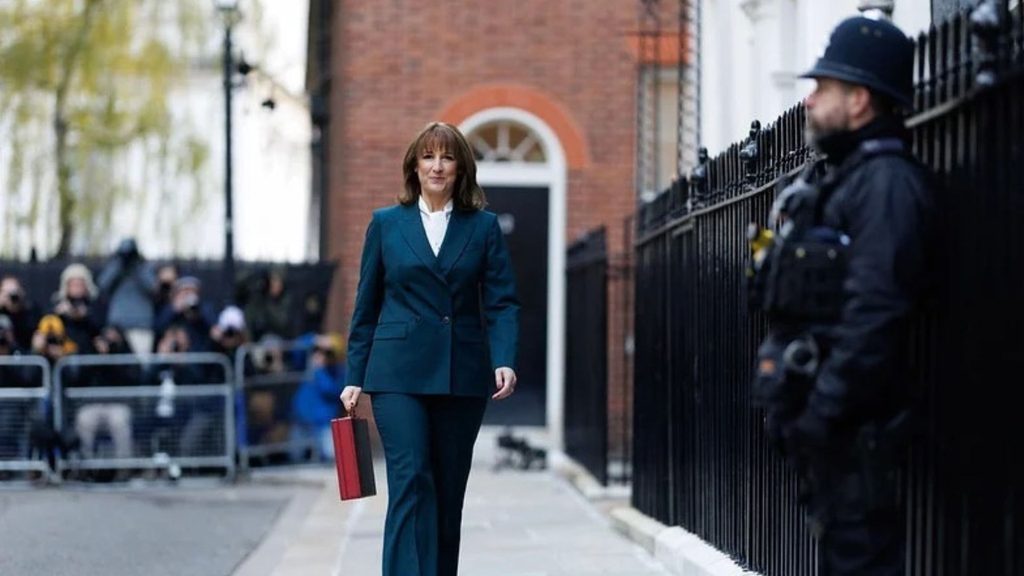
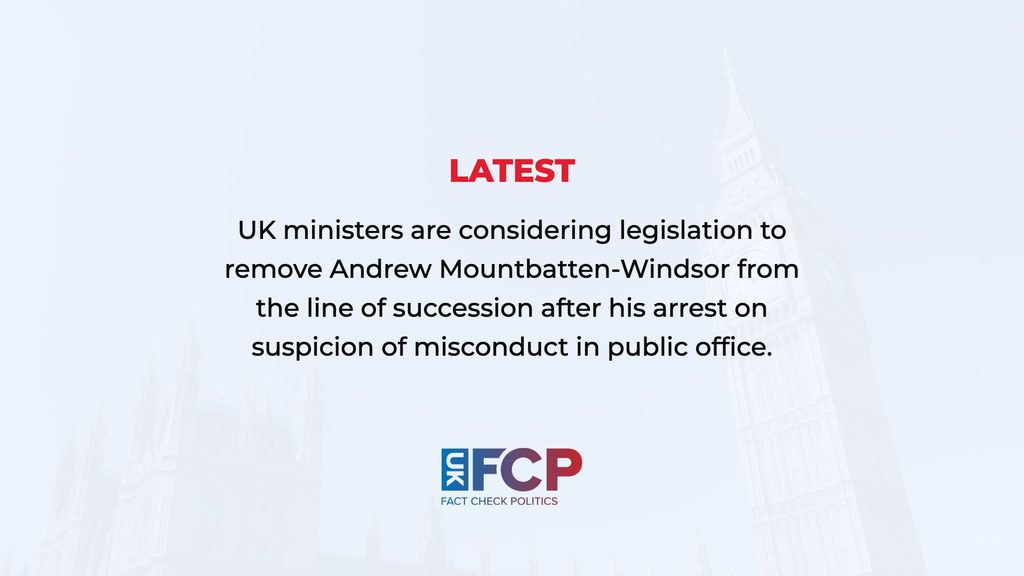
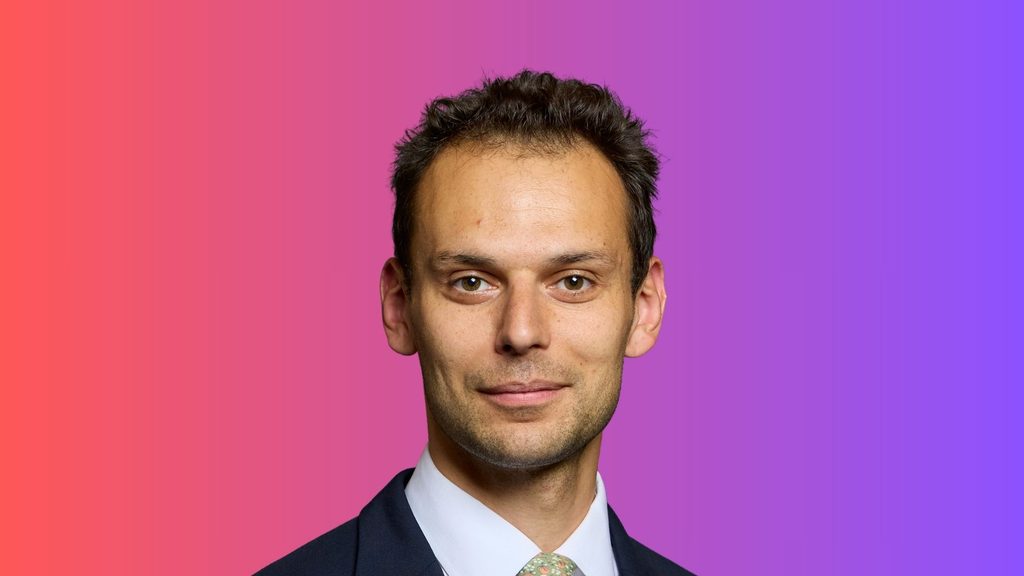
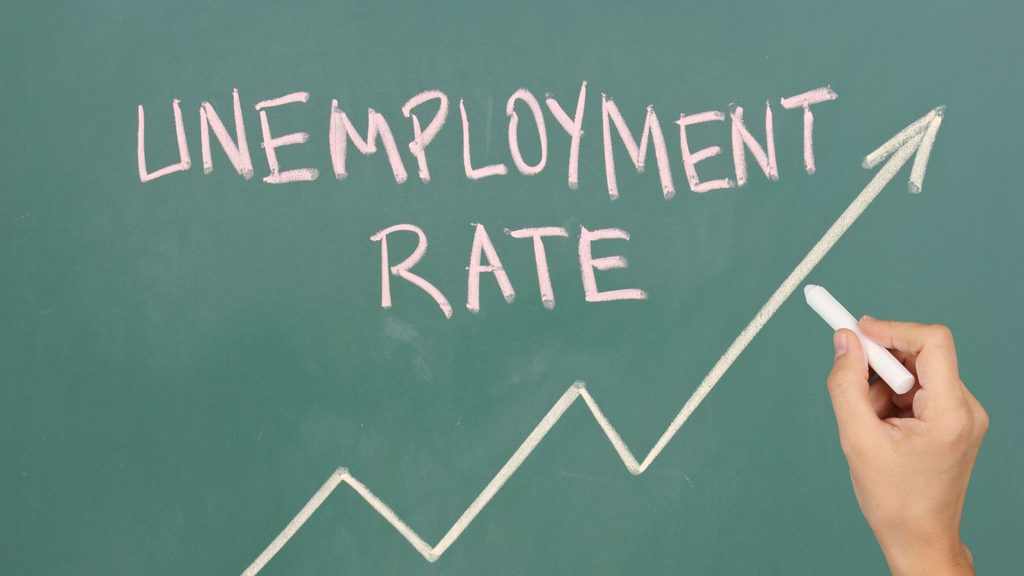

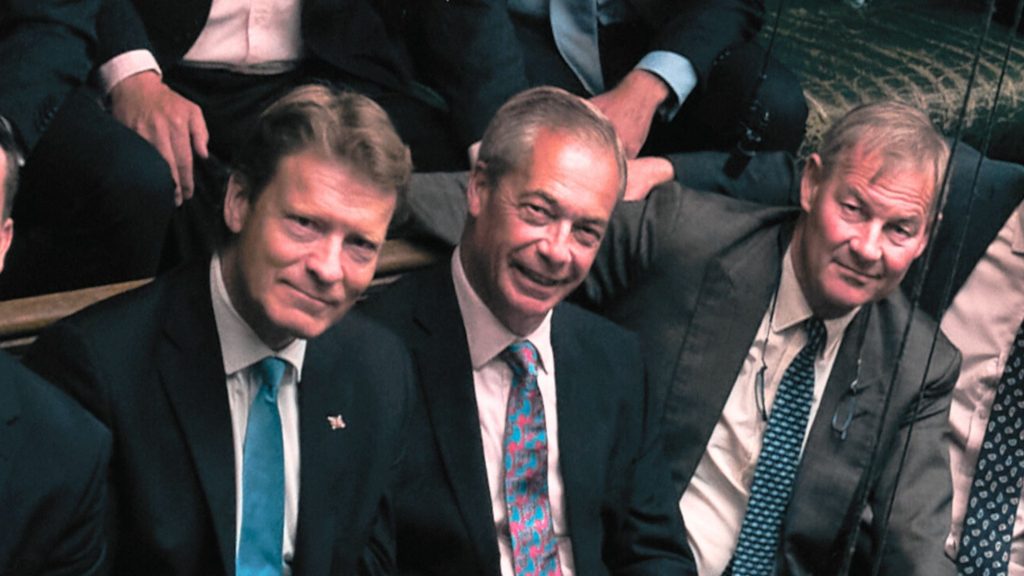
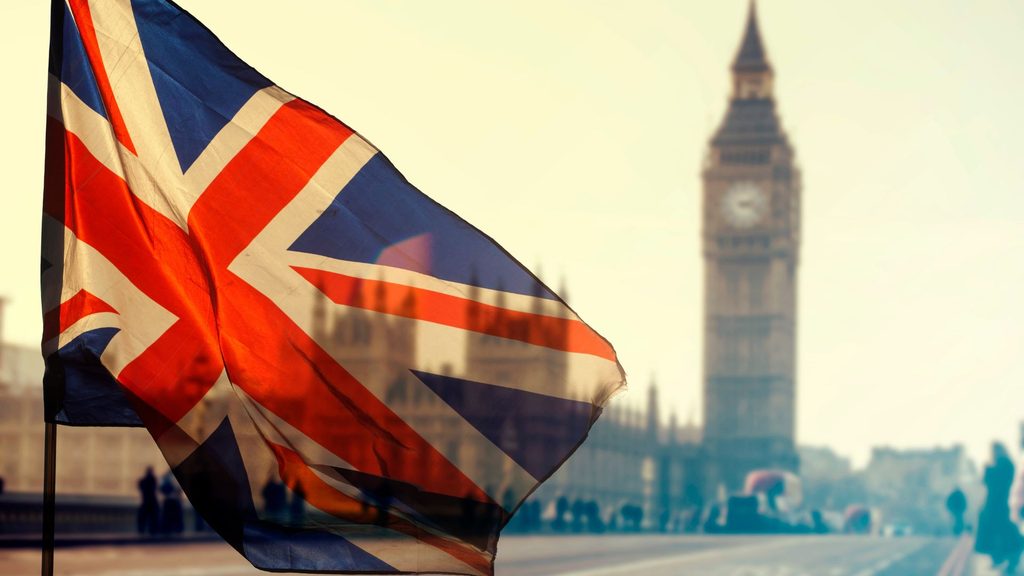
Comments
No comments yet. Be the first to comment!